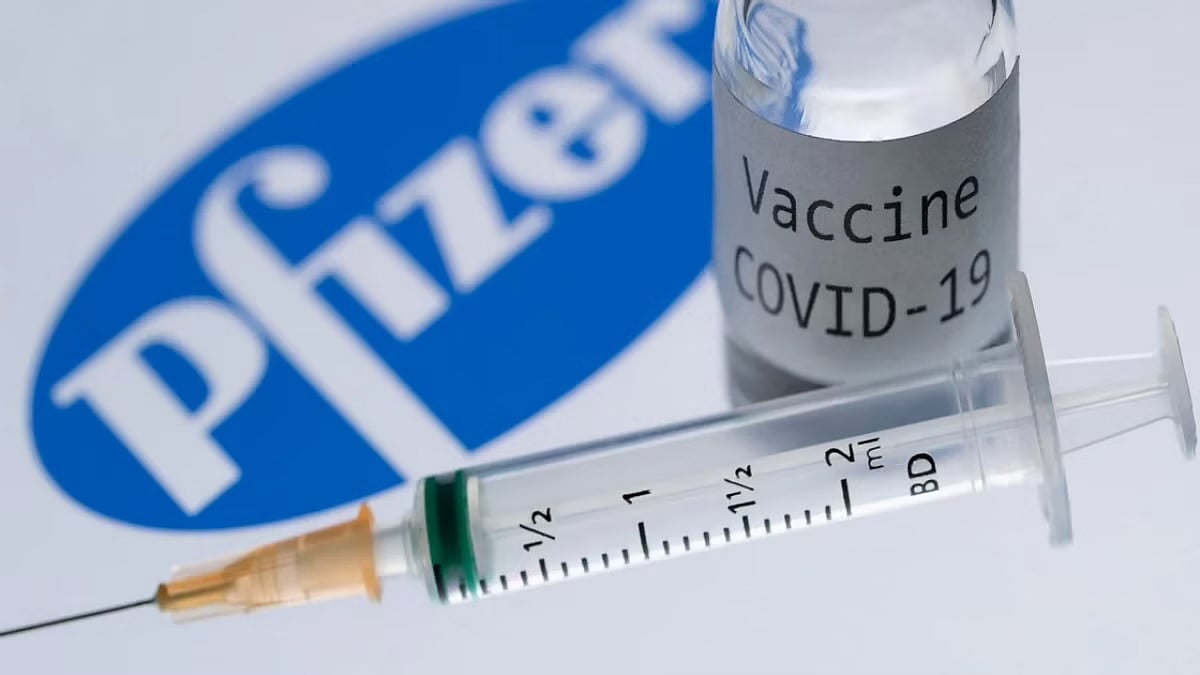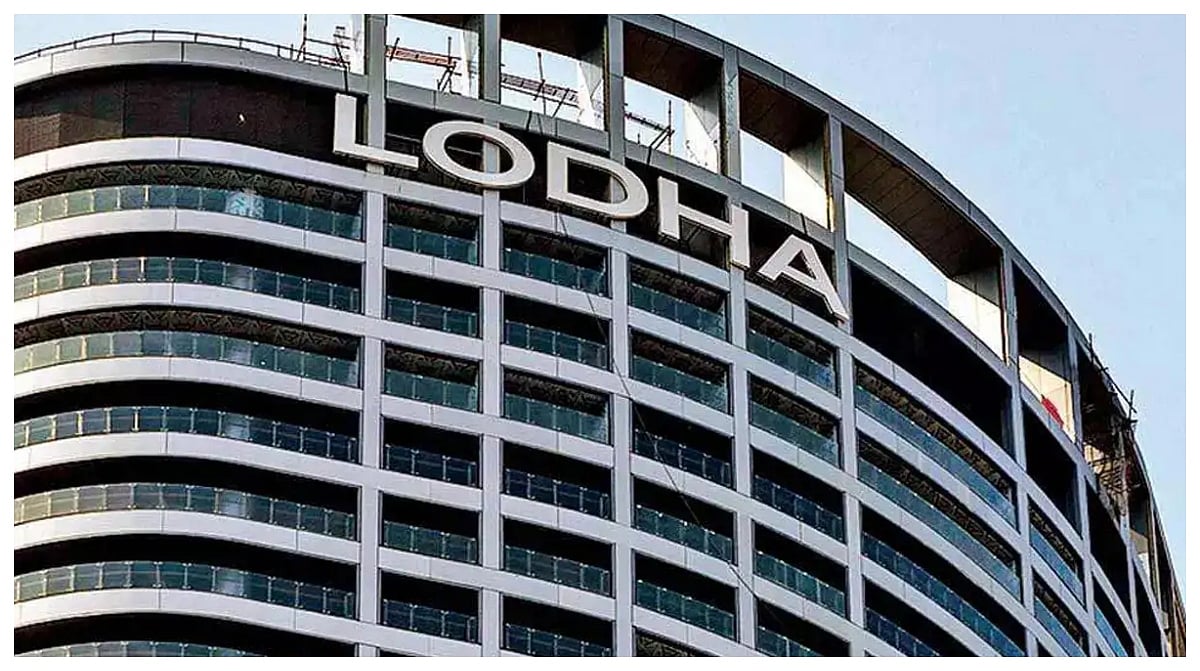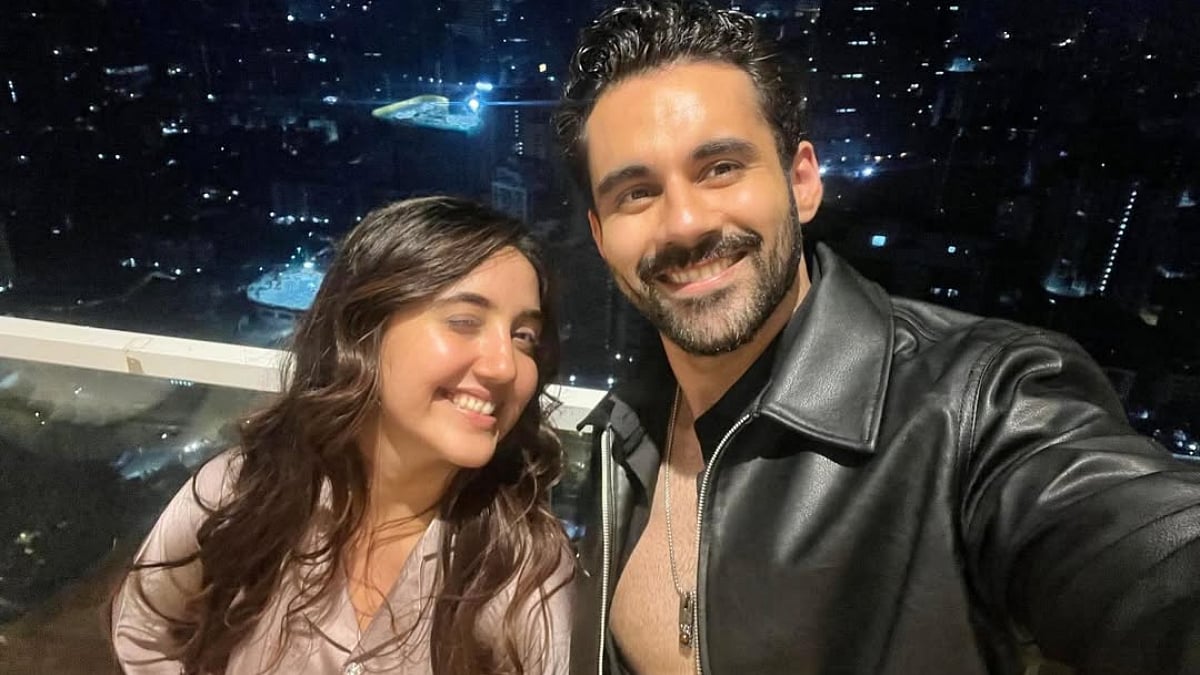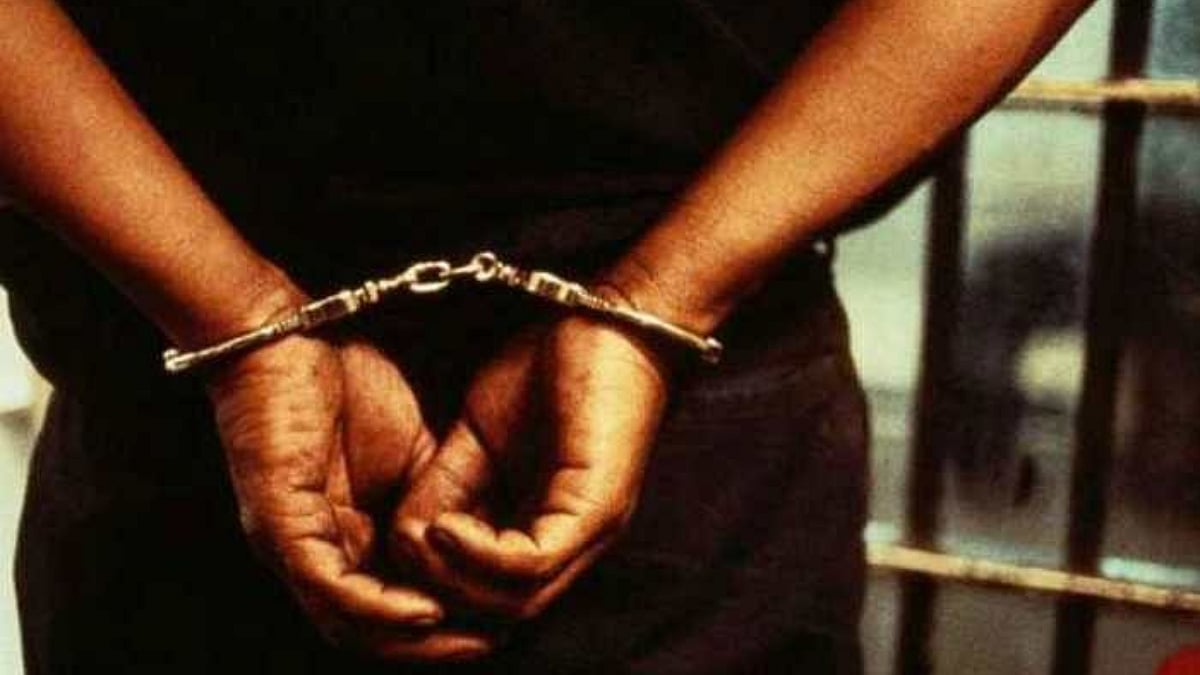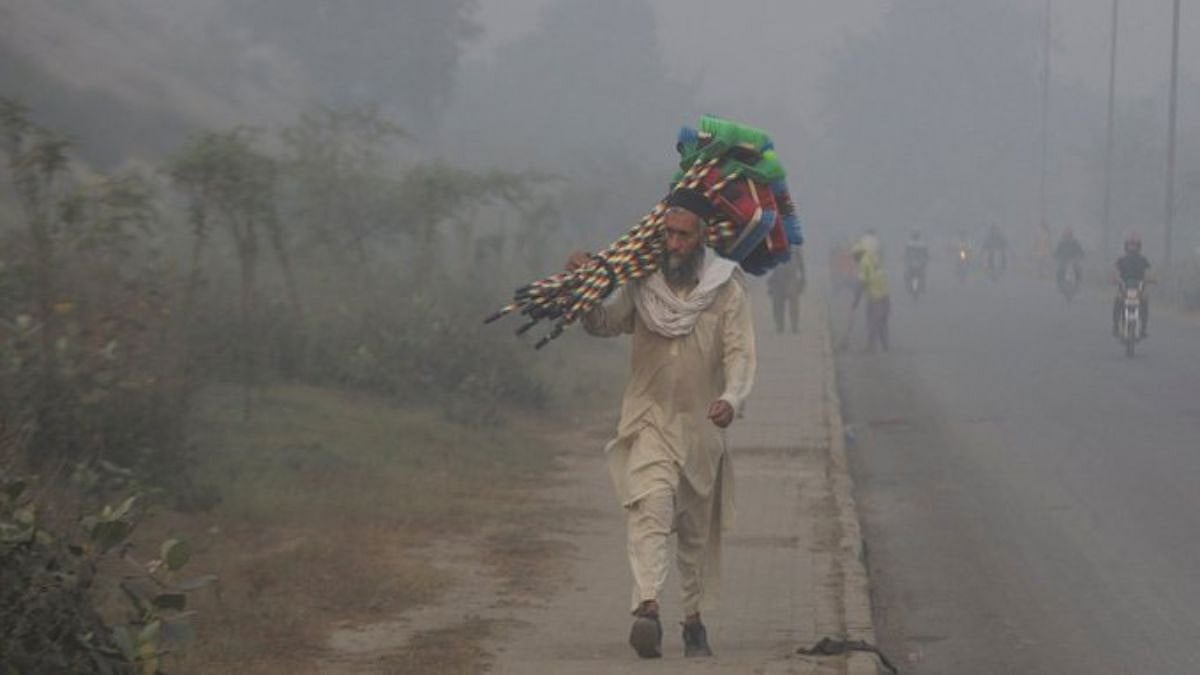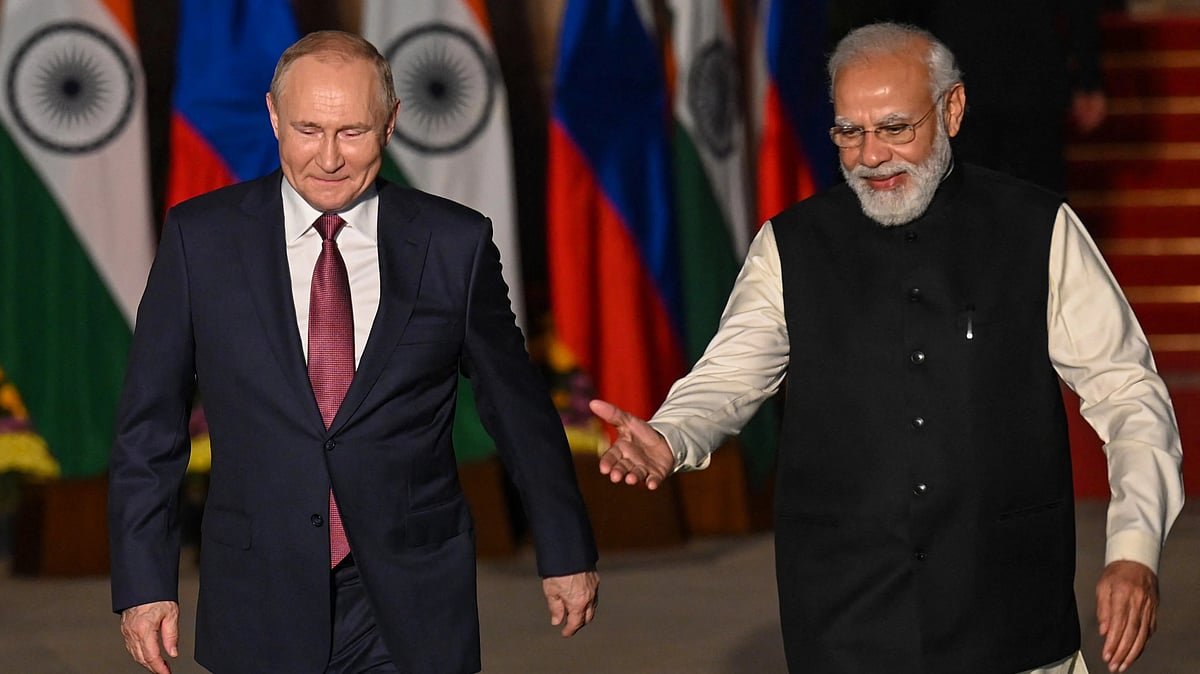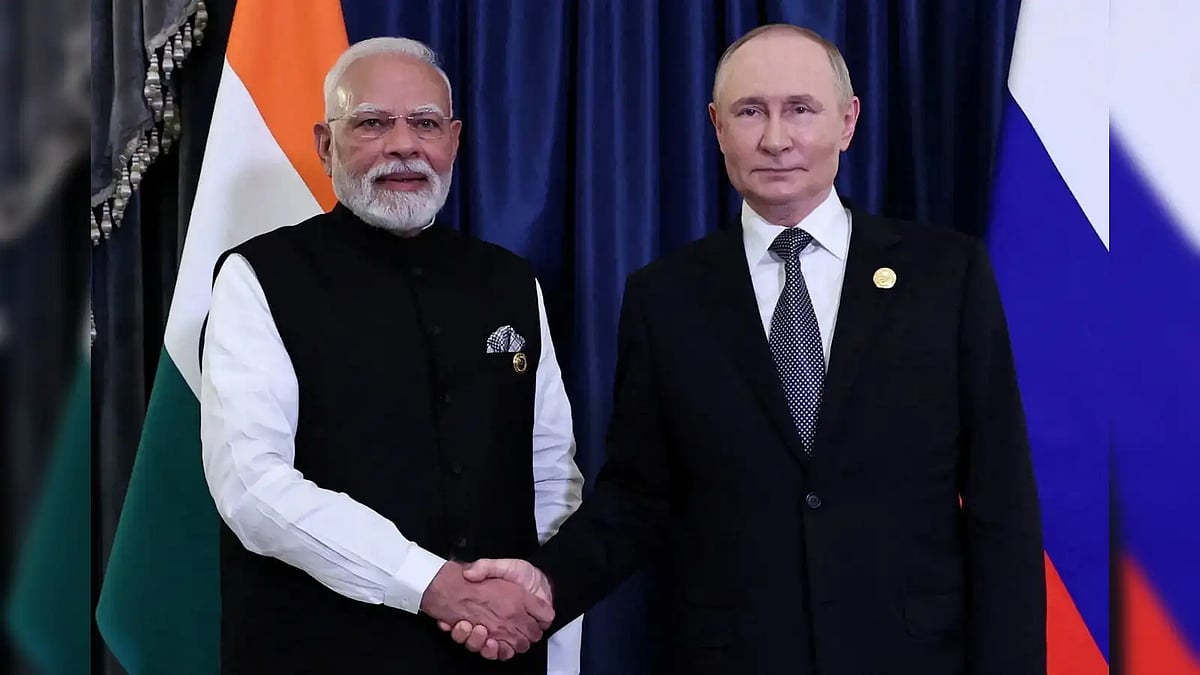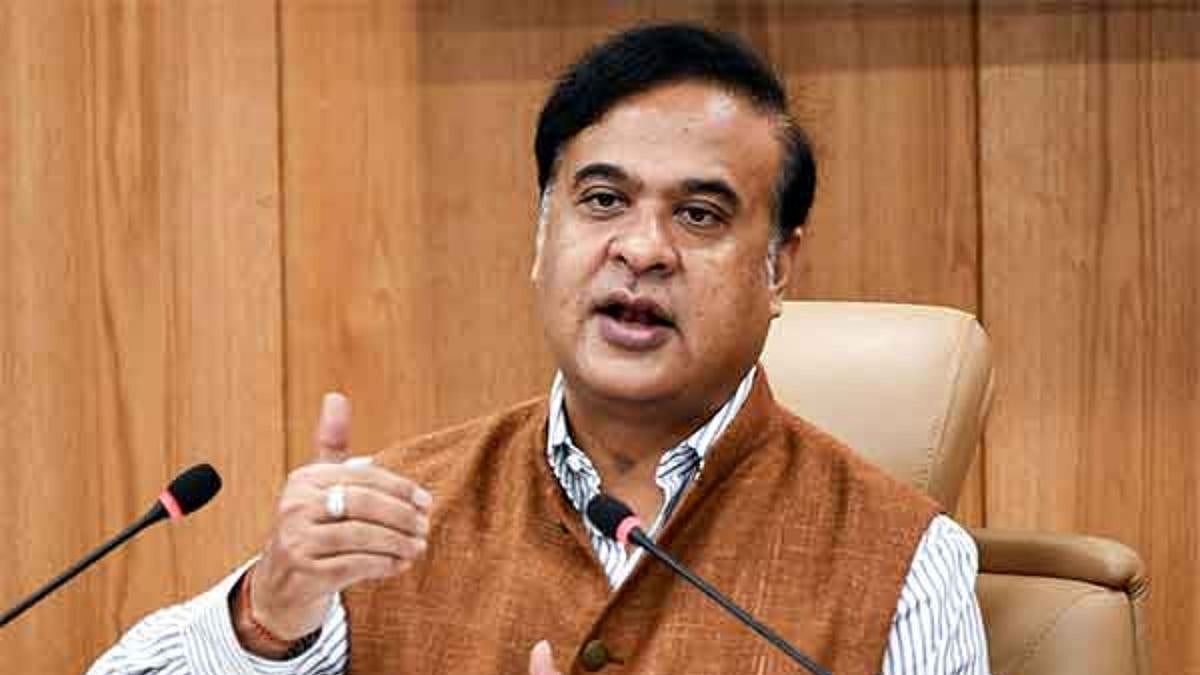The United Kingdom has become the first country in the world to officially approve a vaccine for Covid-19. The first lot of UK citizens will get a shot of the Pfizer-BioNTech vaccine as early as next week, with more than 40 million scheduled to be vaccinated within the first few months of 2021. Even as India nears its own grim milestone of one crore infections, this is the first sign of hope for a virus-battered world that the battle against the coronavirus has not only been truly joined, but has passed a critical inflection point.
China and Russia have already started mass inoculations with their experimental vaccines, but the opacity of the trial process followed and lack of peer reviewed data throws a question mark over their efficacy, although Russia’s Sputnik vaccine has just started clinical trials in India. With other candidates from Moderna and Oxford University-AstraZeneca also in advanced stages of trial – Moderna’s vaccine could be authorised by the US for emergency use very shortly – there is finally hope that humanity has a chance to return to life as it was before the pandemic stood the world on its head. However, that chance can turn out to be a slim one unless several things go right from hereon and governments around the world eschew playing politics with the vaccine.
Fast-tracked rollout
First of all, the vaccines themselves are by no means fully proven as yet, although the UK approval is based on early positive results. It has taken only 10 months for the first vaccine to be authorised for mass use and most of the leading candidates – including the two being developed in India – would have gone from concept to roll-out in under 18 months, which is an astonishing record in mankind’s fight against disease-causing pathogens. While the compelling need to develop a viable vaccine option has forced most regulators around the world to allow developers several shortcuts and sped-up trials, this has also meant that the full ramifications of what these vaccines can – or cannot – do is yet to be known.
For instance, while most of the leading candidates have shown an effective immune response in patients and reducing or eliminating the disease symptoms, none of them have so far proven to have stopped the transmission of the virus itself. This means that there is a chance that those inoculated could well become asymptomatic transmitters of the Covid-19 virus. This means that the world can only truly rest easy once an overwhelming majority of humanity has been inoculated.
Chilling facts
That may prove to be a tall ask for two reasons – the staggering costs of universal immunisation and the daunting infrastructural challenges which must be overcome before many of the candidate vaccines can be safely deployed. Many of these vaccines use a completely new technique based on messenger RNA (or mRNA) to generate the immune response. While this has allowed for speedier development (and is also a safer option than using approaches based on live or denatured virus), they also call for extremely rigorous conditions to be met in storage and transportation.
While some need to be stored at temperatures as low as minus 70 degrees Celsius, others also need a minimum minus 20 degrees Celsius storage temperature. This infrastructure is lacking even in most developed countries. India has a well-developed infrastructure for storage and transport of other vaccines for its universal immunisation programme, but that cold chain provides only minus 20 to a maximum of minus 40 degrees Celsius storage, while last-mile transport and distribution is managed at 2-8 degrees Celsius.
Even if all these obstacles were overcome, it remains to be seen how much of the vaccine actually makes its way to poorer countries. Of the 1.3 billion doses capacity for the Pfizer-BioNTech vaccine (in 2021), for instance, 1.05 billion have already been booked by the US, UK, Europe and Japan. Encouragingly, 190 countries have signed on to the WHO-sponsored Covax programme (the US has not signed though), which will deliver about two billion doses to the participating countries over the next two years, enough for a fifth of the world’s population.
However, a repeat of the 2009 SARS epidemic scenario, when rich countries bought up all vaccine supplies, cannot be ruled out. India, which is in the happy position of being both a vaccine developer in its own right and a major production centre for vaccines for the rest of the world, needs to ensure that a fine balance is maintained between profit-making and protecting the poor. It also needs to move on a war footing to create the infrastructure necessary to safely store, transport and deliver the vaccine to the remotest parts of the country. It is a tall order, but India has the skills and technical wherewithal to pull it off, although finding the massive funds required will be a challenge in an economy still deep in a pandemic-induced recession.
